Hema reviews Dr Pravat Kumar Padhy’s tanka poem, I am a Woman, exclusively for Different Truths, highlighting its poignant exploration of women’s struggles and resilience.
‘Dedicated to all women who symbolise beauty, love, kindness, compassion, well-being, harmony and creation….’ The above lines in the collection “I am a Woman” struck a chord instantly and enticed me to dive deeper. Pushing aside stereotypical representations of women as passive, emotional, and complex, the five-line poems in this collection are fictional sketches (verisimilitude, in my opinion) of a woman’s agonies, psycho-social issues, and resilience that have been articulated with precision and persuasion.
The five-line verses are significant and have a stimulating influence in contemporary society where atrocities against women are on the increase, notwithstanding that writers are questioning traditional gender roles like never before. (largely women) who are attempting to recreate women’s identities and reshape the literary landscape?
During the reading process, my thoughts raced to the visionary poet Mahakavi Subramania Bharati, who, during the Indian independence envisioned the “Pudumai Penn,” as the embodiment of strength and resilience. Through his immortal verses, Bharati fought against child marriage, opposed the caste system, stood up for the emancipation of women-
“Proud of her wisdom, she does not fear anyone on the earth;
The revolutionary woman does not look back.
Not willing to be drowned inside blinding ignorance,
She would emerge forward and prove her real worth.”
- “Pudumai Penn,” Subramanya Bharati
With an economy of words, Pravat Kumar has presented fine images of the birth of a child and the joys of childhood.
full moon day
fondly they name her Chandani
blossoms of blissfulness
swing all around
raining happiness in their life (p 9)
Tanka poems are about human relationships; often are expressions of love, self-reflection, or gratitude, which are evident in the ninety-five verses in this collection.
they enjoy
playing snakes and ladder
mummy narrates
stories of Rani of Jhansi
sleeping on the floor on a summer night (p 10)
…
often mummy feigns
there is enough in the kitchen
she senses
her mummy’s sobbing voice
as she warmly clasps hiding her tears (p 12)
For the benefit of tanka poetry lovers and amateur writers, I’d like to borrow the following lines from “The Tanka Sequence & Tanka-Prose as Introduction to Tanka” – by Brian Zimmer. “Tanka requires learning a special set of reading skills. One must be willing to slow down and pay attention to every line, caesura, and image… Read too quickly tanka can appear easy, sometimes banal, and often not very poetic.” Line breaks mark the rhythmic point even while maintaining brevity.
at every step
they encourage her
until she grows up
the flower and the dream she shares
the garden they nourish all through their life (p 14)
…
convenience
of conquering everything
through pages of time
woman slotted to stay
second in the human counting (p 21)
Interestingly, in poetry and literature, Nature, particularly the moon has been accredited with femininity- “a symbol imbued with divine power to a feminine object.” Pravat Kumar has presented several verses highlighting the moon and its enigmatic presence – hide and seek/like the moon and clouds (p 10), the moon lost its shine/hiding behind the dense cloud (p 23), the moon /is eclipsed /with no-fault (p 26), full moon/in the early evening/the untimely eclipse/ darkens the way/ahead of the journey of her life (p 29), the new moon sky/leaves far behind/the hazy shadow of her parting (p 33), the crescent moon/in the mid-way sky/she counts stars (p 40), late in night/the stars blanket her scars/the moon cuddles her body (p 41), crescent moon/in the dark midnight/she gently twists (p 52); as an emerging rainbow brings untold joy after prolonged days of gloom, the final lines in “I am a Woman” do that and more.
the new moon
peeps above the thatched home
a baby is born
unfolding promises
life is a poem and music its journey (p 55)
In the roller coaster journey, optimism and resilience lead towards the goal; turning back doesn’t, adjusting the ‘sails,’ according to the wind is the mantra. None will disagree that sunshine – mere utterance fills hearts with a radiant glow and elevates even the dull spirit into momentary bliss. Pravat Kumar’s lyrics have dramatically captured the sun in its varied hues.
My personal favorite is:
as the sun rises
with warbling muse
suddenly she feels
blend of strength within
strong-rooted like a peepal tree (p 49)
Unfurling her ‘ode to the eternal woman,’ Suparna Ghosh, in her foreword annotates: ‘it is undeniable that the vast and indomitable, innate strength of a woman, overcomes the gritty reality of her path.’
She is theatre unlimited
a drama immense
at will she thrills
a show all her own
complete unto herself
The Goddess (p 5)
Again, Jenny Ward Angyal, Tanka Editor, Under the Basho, and Diana Webb, Editor of Time Haiku succinctly observe that the short poems eulogize the ‘feminine principle.’ – the qualities attributed to the gentle side that nurtures and protects; in sync with Pravat Kumar’s lines in the comprehensive introduction: ‘Woman is revered as the symbol of power, compassion, love, care, majesty, and empowerment through the ages.’
she remembers
the thick tears of her parents
she steps out with blessings
with her umbilical cord still intact
for an extended home with someone else (p 15)
…
he scratches her skin
like wiping over the doormat
as if a mopping cloth
he cleanses his dust
ungracefully pouring the foam of his sin (p 20)
…
she desires to revise
the pristine manuscript
for her daughter
as she reckons with a crescent smile
‘I am a Woman’ to prove again ( p 56)
…
Indeed! You can Control, Alt, Delete, begin on a clean slate.
You’re pure, no one can thwart, nothing can taint Bharati’s Pudhumai Penn!
A century ago, Swami Vivekananda in his speech on “Women of India” delivered in America, prophesied that the new civilization of the future would be “created by modern women with Hindu spiritual culture. All the mischief to women has come because men undertook to shape the destiny of women.” He believed education and purity to be the tools that would enable them to stand up for themselves. Swamiji believed in a combination of Roman, Greek, and Indian traits in the modern woman – “Roman’s organisation, Greek’s wonderful love for the beautiful and the Hindu’s backbone of religion and love of God.”
I am left with deep appreciation for Dr Padhy, not merely for his precise expressions but for his deep understanding of subtle truths. I believe he is endowed with the qualities of prudence, benevolence and eloquence.
the priest
blesses for a son
to be fortunate enough
she wonders why the hymn omits
the opportunity of a sweet daughter (p 50)
He comes across as a champion of the marginalised, as the above lines explain; again, the lines in the preface expound: “Feminism is worshiped with great reverence right from the Vedic culture to the modern history in India and has been the cultural mainstream in the society.” – “Prakriti (female) and Purusha (male) are manifestations for evolution and human existence.”
The feminine principle is not restricted to gender or chauvinism of the male or the female, it encompasses the subtle energy that lies merged within one’s “spiritual identity;” within the human psyche such qualities – “care, respect, trust, patience, loyalty, love, empathy, mercy,” among others just lie unexplored. Once it is understood, it opens undiscovered paths that “realign” the purpose of human existence, which Swami Vivekananda accentuates in this manner: “Out with the differentiation between man and woman—all is Atman, the sexless and eternal self. Association with body and mind brings along the classification as male and female.”
In conclusion, I wish to reiterate that each of the lyrical verses in ‘I am a Woman’ has offered me an enriching experience; and emboldened me to share my thoughts –
stormy clouds make way
for the gentle sun
gently she rocks
the cradle
the child smiles in sleep
…
a colorful kite
soars into
the blue sky
childhood joys
back again
As a writer primarily focused on metrical verses and verse libre, I’d like to add that Pravat Kumar’s tanka poems offer evocative images – sinful seeds, uneasy storm, solitude kite, tender tweets, pristine manuscript, crescent smile are some that readily come to mind.
The ‘proof is in the pudding,’ I recommend you take a bite and, subsequently, share it with others.
Cover photo sourced by the reviewer

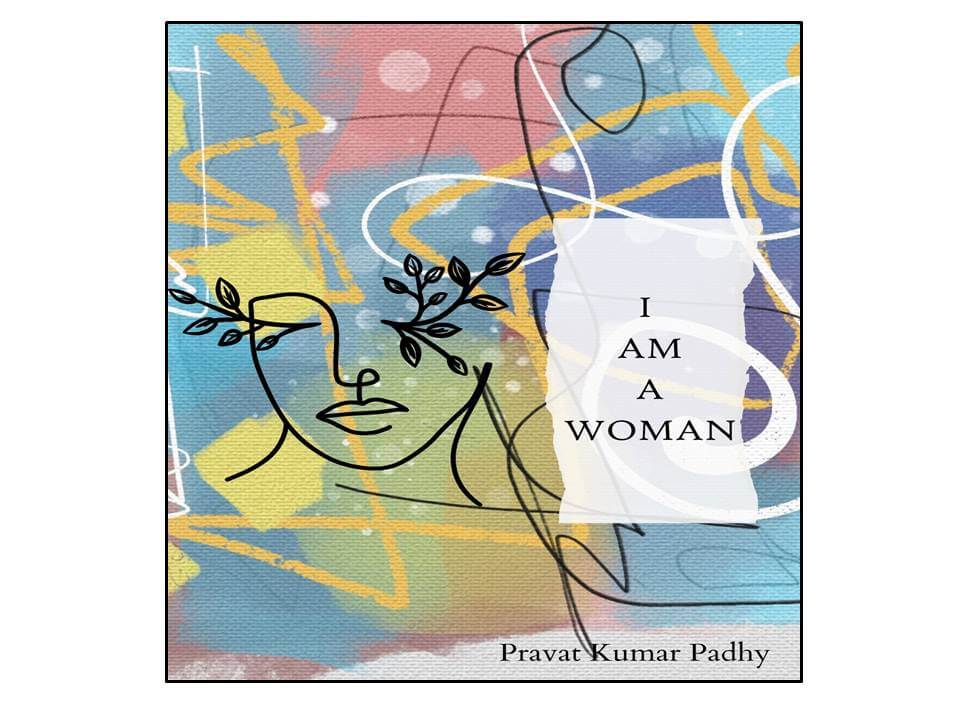

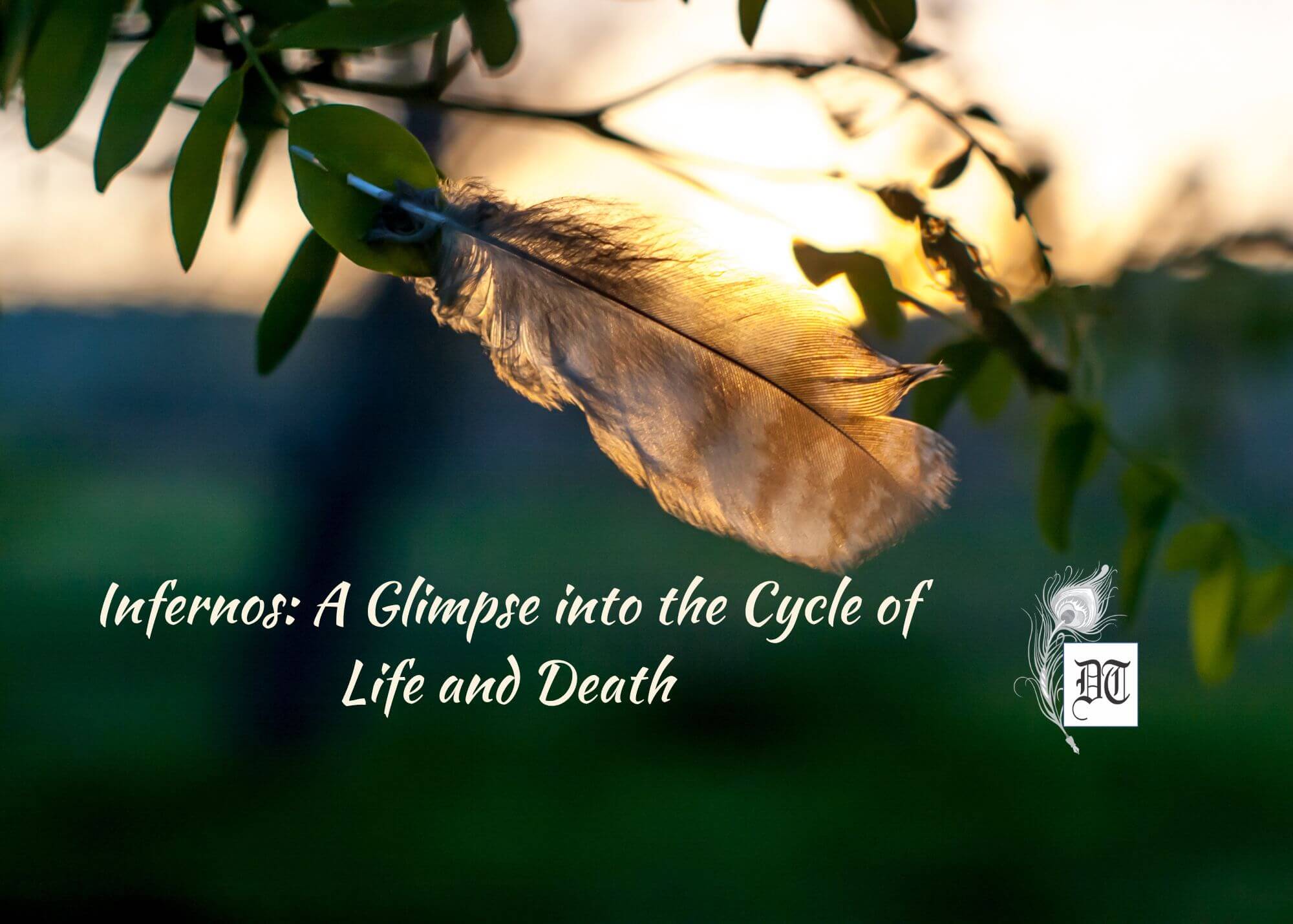

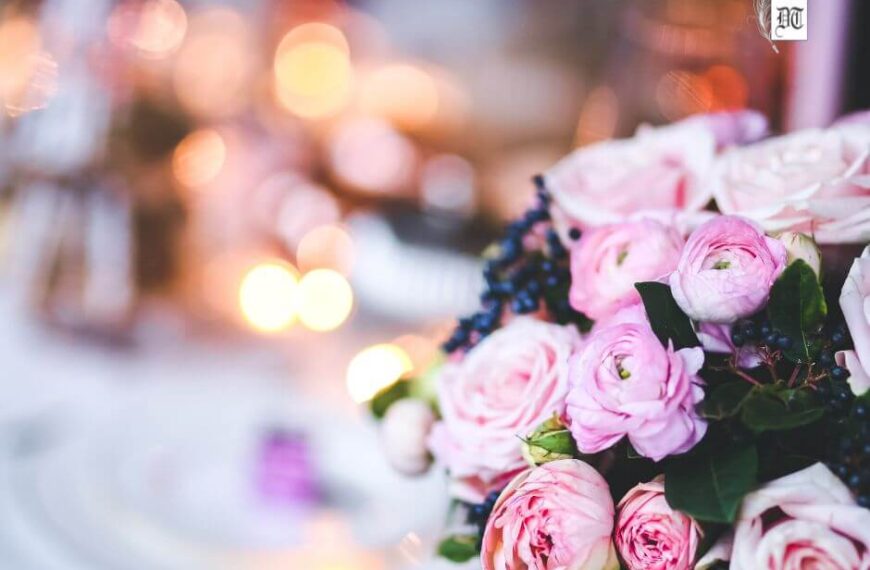
 By
By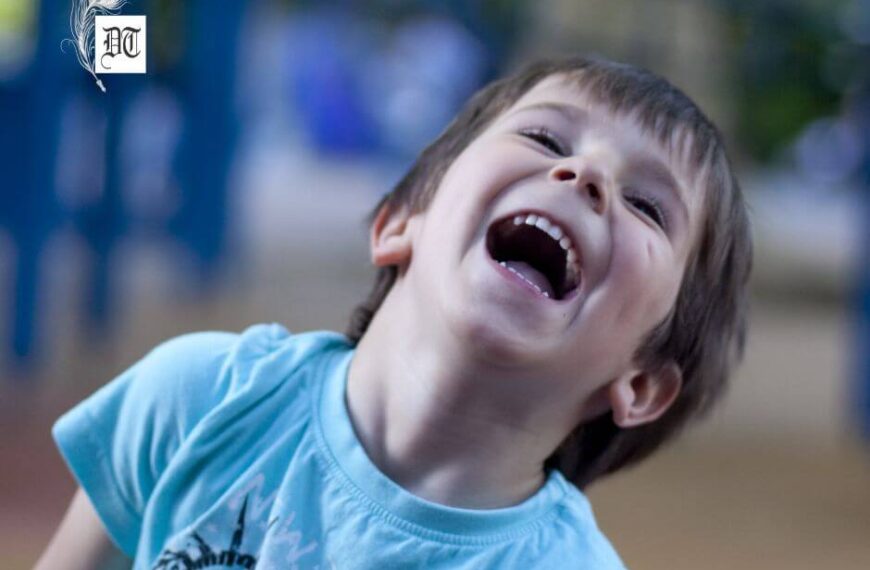

 By
By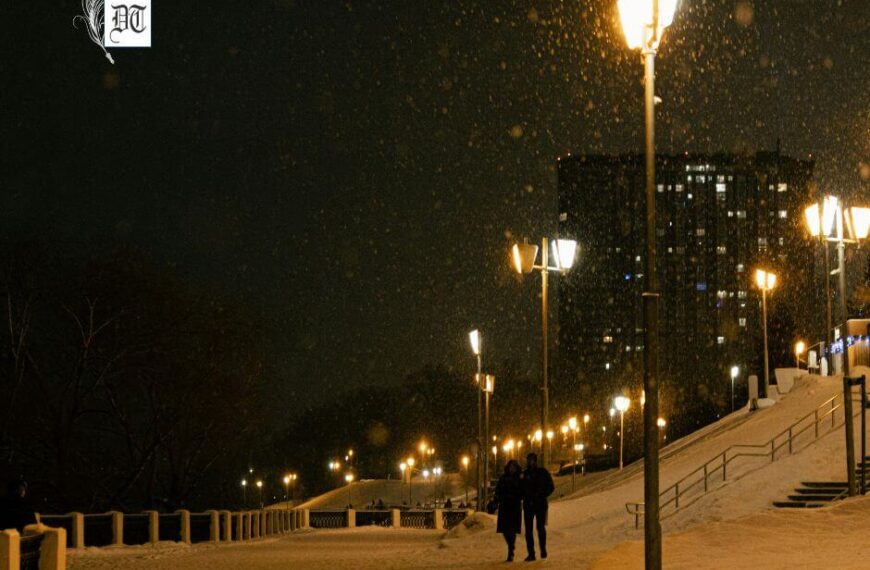
 By
By